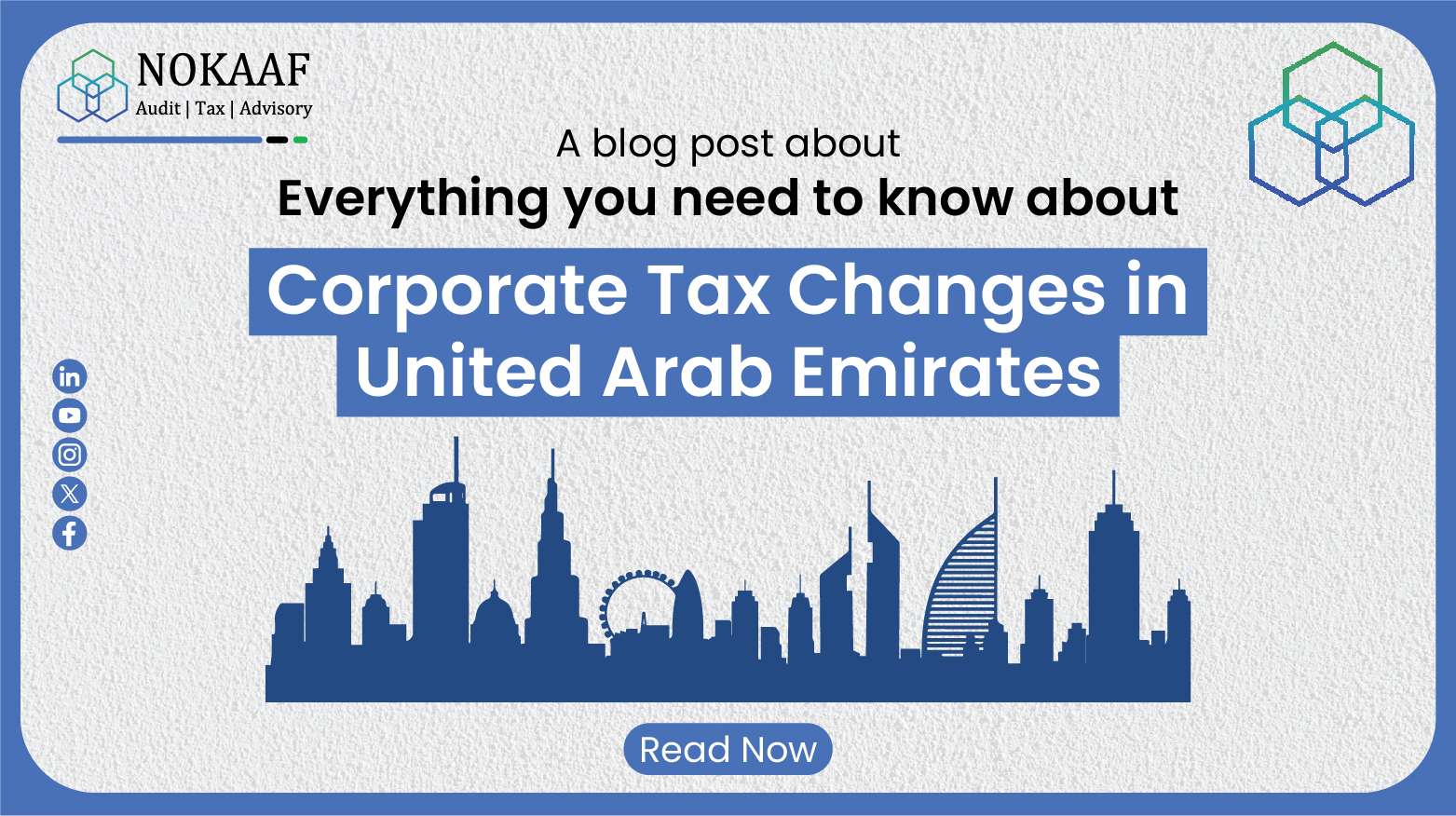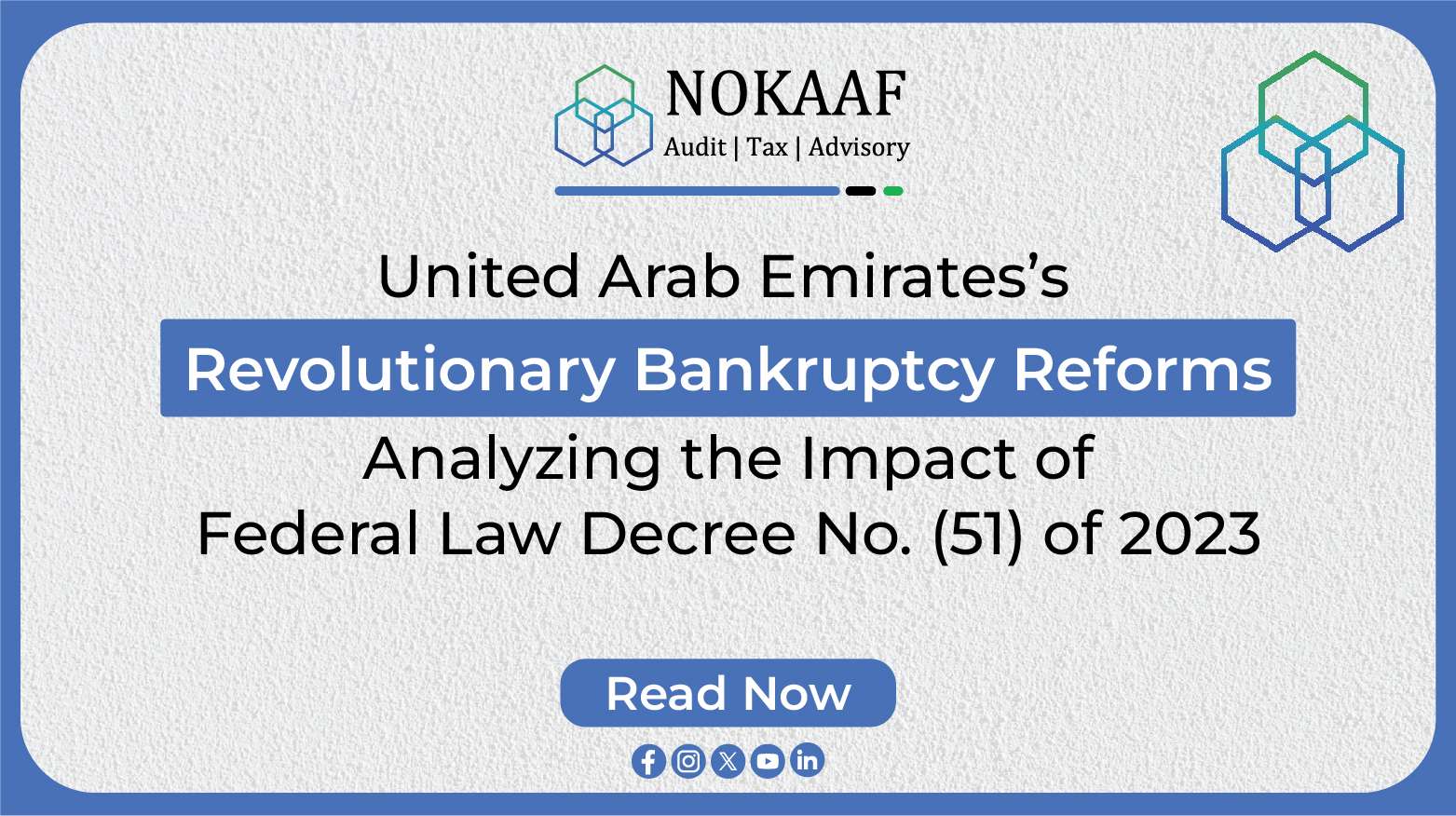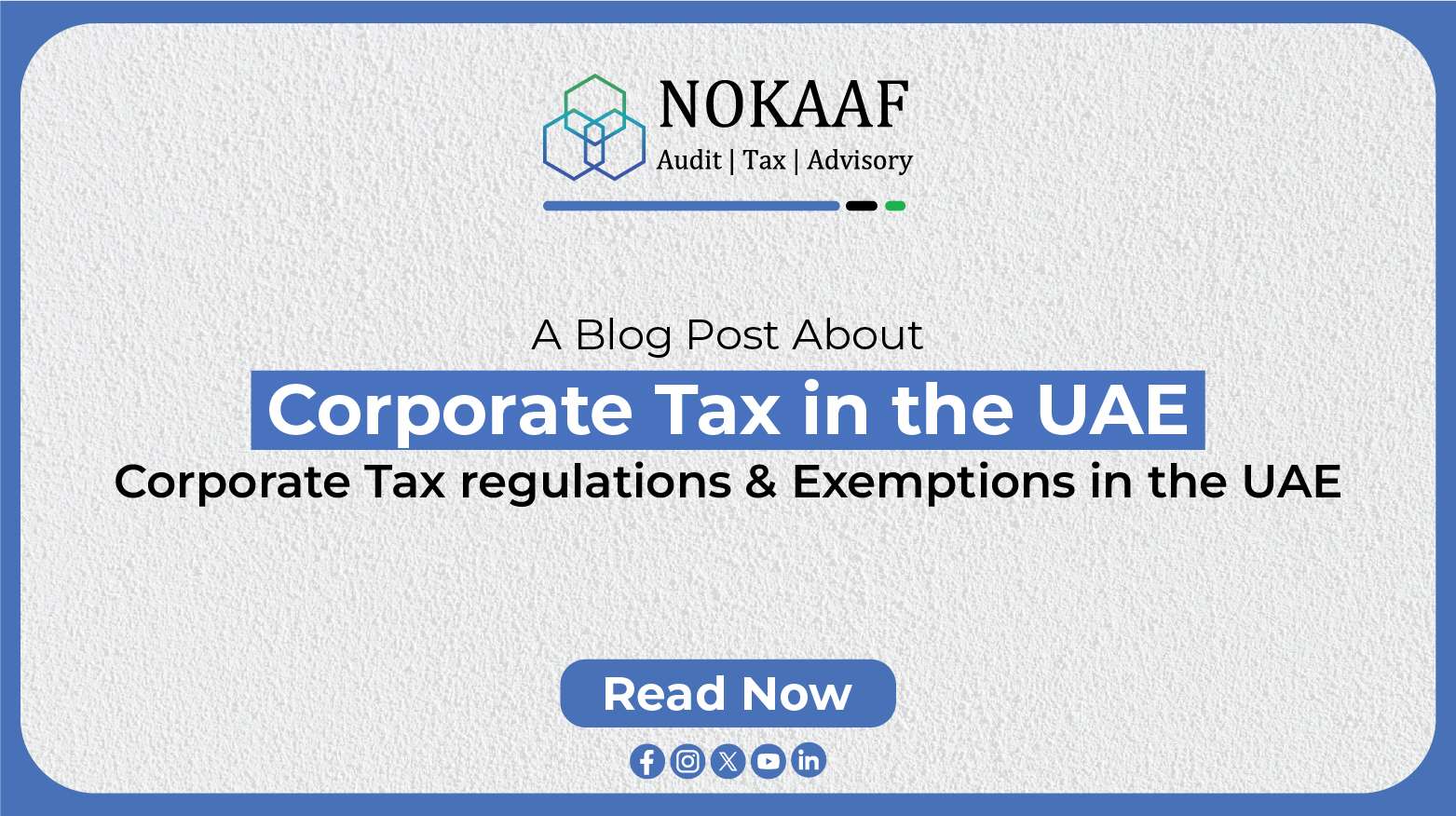In the dynamic landscape of business, both corporates and startups are increasingly drawn to the prospect of establishing their presence within the UAE Free Zones. The allure of these Free Zones is rooted in the multitude of benefits they offer, including tax incentives and more. However, it’s imperative to understand that these Free Zones are subject to the governance of Free Zone authorities, necessitating businesses to submit annual audit reports for compliance. This article is your comprehensive guide to auditors in UAE Free Zones, the auditing process, and the role they play in ensuring financial compliance and excellence.
What is an Audit in a UAE Free Zone?
An audit in a Free Zone within the UAE is a meticulous review and examination of a company’s financial records and statements. The primary goal is to ensure these financial records are in strict accordance with the accounting standards and regulations set forth by the Free Zone authority. The audit is typically conducted by an approved auditor or audit firm, appointed by the Free Zone authority in the UAE. Its purpose is to provide assurance to stakeholders that the financial statements are not only accurate but also reliable.
Mandatory Audits for Free Zone Companies
Companies registered in Free Zones and in possession of a Free Zone trade license are required to submit an audited annual financial statement for the renewal of their Free Zone trade license. Companies operating within these Free Zones have the flexibility to choose their financial year, in line with their specific requirements. However, this chosen financial year must commence from the date of incorporation and must not be less than 6 months or more than 18 months.
Why are Auditors in UAE Free Zones Crucial?
The role of auditors in UAE Free Zones is instrumental in ensuring financial compliance and excellence. Here are some key reasons why their services are indispensable:
1. Ensuring Regulatory Compliance
Auditors play a pivotal role in ensuring that companies operating within Free Zones adhere to the specific regulations set by the Free Zone authorities. This is crucial for maintaining the legal standing of the business and avoiding penalties.
2. Verifying Financial Accuracy
One of the primary functions of auditors is to verify the accuracy of financial records. This is vital for stakeholders, including investors and lenders, as it provides assurance that the financial information is reliable.
3. Detecting Financial Irregularities
Auditors are trained to identify any financial irregularities or fraud within a company. Their objective assessment can uncover any discrepancies that may require correction or investigation.
4. Strengthening Internal Controls
Through the audit process, auditors can also provide recommendations to strengthen a company’s internal controls and financial management processes. This can help businesses operate more efficiently and effectively.
5. Facilitating Business Growth
By ensuring compliance and accuracy in financial reporting, auditors contribute to the overall health and growth of a business. Investors and partners are more likely to engage with companies that have a solid financial track record.
Approved Auditors in UAE Free Zones
Several auditing firms are approved and accredited by various Free Zones across the UAE. These auditors have the necessary expertise and knowledge to conduct audits in compliance with the respective Free Zone regulations and requirements.
Here’s a list of some of the Free Zones where approved auditors operate:
- Approved Auditors of DMCC (Dubai Multi Commodities Centre)
- Approved Auditors of DAFZA (Dubai Airport Free Zone Authority)
- Approved Auditors of SAIF Zone (Sharjah Airport International Free Zone)
- Approved Auditors of IFZA (International Free Zone Authority)
- Approved Auditors of Shams Zone
- Approved Auditors of DWC (Dubai World Central)
- Approved Auditors of Dubai World Trade Centre
- Approved Auditors of UAE Free Trade Zone
- Approved Auditors of RAKEZ (Ras Al Khaimah Economic Zone)
- Approved Auditors of JAFZA (Jebel Ali Free Zone Authority)
- Approved Auditors of DIFC (Dubai International Financial Centre)
- Approved Auditors of Ajman Free Zone Authority
- Approved Auditors in DDA (Dubai Development Authority)
These approved auditors are proficient in conducting audits for all Free Zones in the UAE while ensuring 100% compliance with each Free Zone’s unique regulations.
Is Audit Mandatory for UAE Free Zones?
The obligation for an audit in a UAE Free Zone is triggered when companies surpass a specific turnover threshold or maintain a certain number of employees. Failure to adhere to these audit requirements can result in severe penalties or fines imposed by the Free Zone authority.
To circumvent the risk of fines and penalties, it is imperative to conduct a thorough audit of your operations within the Free Zone. Approved auditors, such as NOKAAF, with their extensive experience, emerge as leading audit firms in the UAE, ensuring your compliance and peace of mind.
Audit Submission Penalty in UAE Free Zones
The penalties for failing to submit audit statements in UAE Free Zones can vary based on the specific Free Zone authority and the degree of non-compliance. These fines typically range from 2500 AED to 5000 AED, contingent on the particular Free Zone and the duration of non-compliance. In some cases, failure to submit the required audit statements within the stipulated timeframe can lead to more severe consequences, including suspension or even the cancellation of the company’s trade license.
Benefits of Using Auditors in UAE Free Zones
Using auditors in UAE Free Zones offers a wide range of benefits for businesses:
1. Legal Compliance
Auditors ensure that companies remain compliant with the laws and regulations of the Free Zone authority. This is essential for maintaining the legality of the business.
2. Financial Transparency
Auditors help businesses maintain financial transparency, which is vital for building trust with stakeholders, including investors and creditors.
3. Error Detection
Through their meticulous examination, auditors can identify errors or irregularities in financial statements, allowing for their correction.
4. Internal Improvement
Auditors often provide valuable recommendations for improving a company’s internal controls and financial processes, which can lead to increased efficiency and cost savings.
5. Investor Confidence
Having audited financial statements can boost investor confidence, making it easier to attract investments and partners for business growth.
The Role of Auditors in Business Growth in UAE Free Zones
The role of auditors in business growth within UAE Free Zones is pivotal. Their expertise and objectivity can significantly contribute to a company’s success. Here’s how auditors play a role in business growth:
1. Improved Financial Health
Auditors help ensure that a company’s financial statements accurately reflect its financial health. This transparency is crucial for attracting investors and lenders, facilitating business growth.
2. Trust Building
Having audited financial statements builds trust with stakeholders. Investors, partners, and creditors are more likely to engage with businesses that have a proven track record of financial compliance and transparency.
3. Compliance Assurance
Auditors ensure that businesses comply with Free Zone regulations and legal requirements. This reduces the risk of fines and penalties that could hinder growth.
4. Efficient Operations
Through their recommendations, auditors can help businesses streamline their operations, leading to cost savings and increased efficiency, which are essential for expansion.
5. Risk Mitigation
By identifying financial irregularities and errors, auditors help mitigate risks that could negatively impact business growth.
Choosing an Auditor in UAE Free Zones
Selecting the right auditor for your business in UAE Free Zones is a critical decision. Here are some factors to consider when making this choice:
1. Accreditation
Ensure that the auditor or audit firm is accredited by the relevant Free Zone authorities in the UAE.
2. Expertise
Look for auditors with expertise in your industry or business sector, as this can be beneficial for a more in-depth audit.
3. Reputation
Check the reputation of the auditing firm, including reviews and client testimonials, to gauge their trustworthiness.
4. Services Offered
Consider whether the auditor offers additional services beyond auditing, such as tax services, which can be convenient for your business.
Cost
Compare the cost of auditing services from different providers and choose one that aligns with your budget.
Conclusion: Ensuring Financial Excellence in UAE Free Zones
Auditors in UAE Free Zones play a pivotal role in ensuring financial compliance, transparency, and business growth. They are the guardians of financial accuracy, helping businesses maintain compliance with Free Zone regulations and build trust with stakeholders. Choosing the right auditor is essential, as it can significantly impact the success of your business in the vibrant landscape of UAE Free Zones.
In the UAE, several auditing firms, including NOKAAF, are accredited by various Free Zones, offering expert audit services. Their commitment to excellence and unwavering dedication to maintaining the highest standards in auditing makes them your most reliable partners for achieving audit compliance and ensuring financial transparency in the UAE Free Zones.
The benefits of using auditors in UAE Free Zones extend beyond compliance; they contribute to the overall financial health and growth of businesses, making them an essential component of the business landscape in the UAE. By partnering with the right auditor, you can navigate the complexities of Free Zone regulations with confidence and drive your business toward excellence and success.
Don’t leave your financial compliance to chance; partner with experienced auditors to ensure your business thrives in the UAE Free Zones.







